
SENS Celebrates: International Women's Day
SENS faculty and adjunct members share their thoughts regarding gender equity in academia and beyond.
By Megan EvansDr.Maureen Reed, Professor and Assistant Director, Academic, SENS
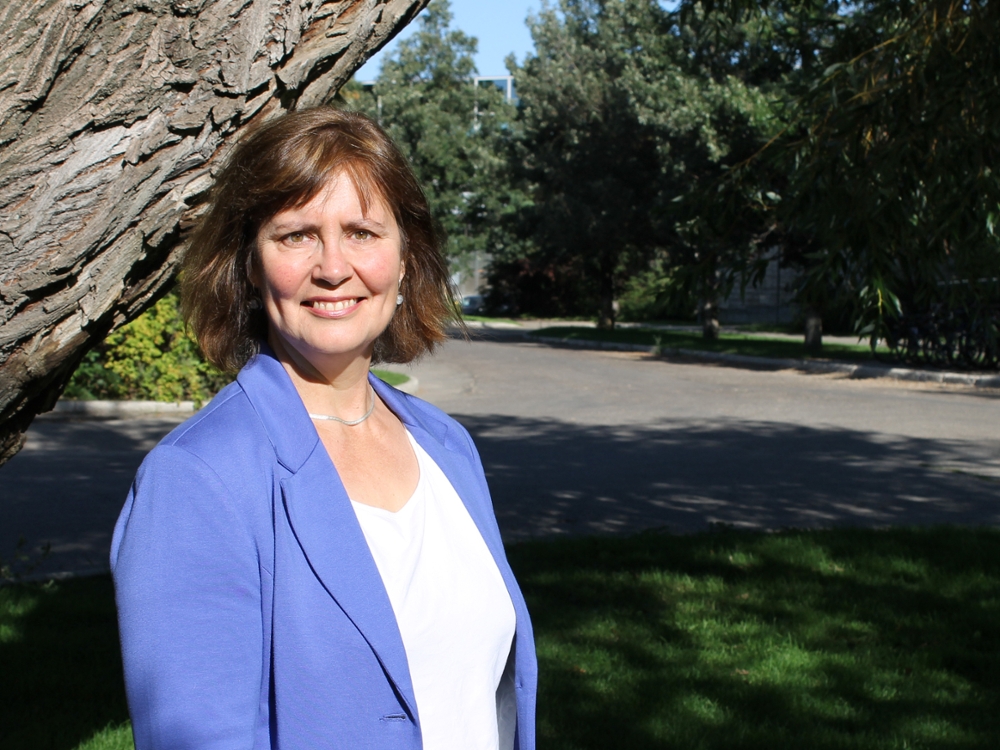
What is your international women’s day message?
At this time of year, I still want bread and roses. Fortunately, every year, my husband gives them to me.
What can men in academia do to help achieve gender equality?
They can help do the dishes. By which I mean they can roll their sleeves up to do some of the grunt work as well as the glory work.
What progress do you see in gender equality in your life and work?
I was thinking that the fact that we are even talking about this openly is progress. This is no longer just a feminist conversation. It’s a broader societal conversation. But I also see progress in that we are now seeing gender as a relation in which there are multiple other factors that shape the experiences of people in everyday life. As a white woman academic whose hair is greying, I have lots of experiences of gender inequality, but I also have lots of privilege too. Even being in academia is an enormous privilege and being able to think about gender in relation to the multiple factors that shape power and privilege is enormous progress.
Why do we need more women in environment and sustainability fields/disciplines?
We need more diversity to create solutions to sustainability problems. We need more women and men with diverse experiences and backgrounds to address the challenges we are facing.
Dr. Markus Brinkmann, Assistant Professor, SENS
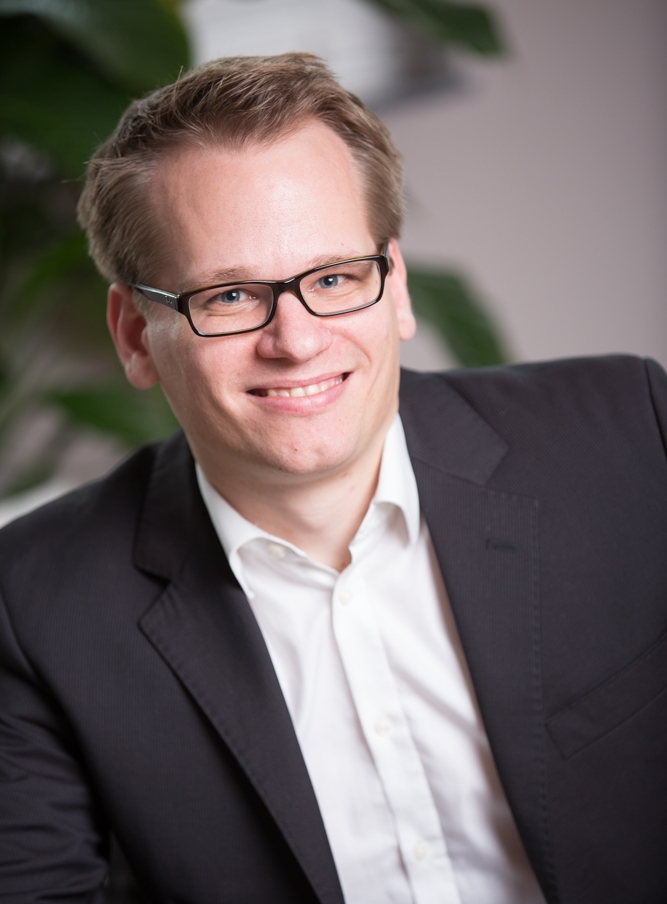
What can men in academia do to help achieve gender equality?
Some of us, especially pre-tenure and junior faculty members, do not necessarily feel like they are able to approach larger systemic issues around equity, diversity, and inclusion (EDI) in the academy for fear of impacting our own careers. In my view, however, we can start by embracing seemingly little things: propose female colleagues for media interviews or awards; vote in favor of female colleagues for that next important position governing your scientific society; speak up when a male colleague talks over your female colleague at a meeting (you can say something along the lines of “Excuse me, I really wanted to hear that thought our colleague had started to express before you interrupted her”); speak up against males who casually dismiss EDI as an important issue in what they’d consider “locker room talk”; and last but most importantly, embrace diversity in your hiring practices.
Given that women have achieved gender parity among our student body, as well as PhD graduates, one needs to recognize that any disparity among our faculty from now on is the result of biased (unconscious or otherwise) hiring and promotion practices. For example, male faculty members should ask critical questions when presented with all-male shortlists for the next faculty hire.
Another important aspect is mentoring. When we supervise female graduate students or postdocs, it is important to recognize that male professors are not necessarily able to provide mentorship regarding many aspects and experiences of being female in the academy, e.g., balancing the wish the be a mother and succeeding in a research career. Thus, I try to make sure that thesis advisory committees have at least one female member. I also make sure to stress at the beginning of a student-supervisor relationship that I recognize being a male supervisor can leave a female student missing out on some of those aspects, but that I am happy to contact colleagues who can speak to these aspects. At the same time, this is a double-edged sword, as this can place extra pressure on the female faculty members.
What progress do you see in gender equality in your life and work?
Luckily, I have seen a lot of progress with regard to gender equality recently, especially among younger faculty members, as well as increased awareness among those in more senior ranks and leadership positions. This gives me hope that those assuming leadership roles in our institutions in the coming years will continue to strive to better reflect ideals of gender equality in all roles and at all levels of leadership.
Why do we need more women in environment and sustainability fields/disciplines?
Although scientists often believe that science is entirely objective and free of biases, the reality is that it is not. We look at the world through our own lenses, and as much as we strive to be unbiased and neutral, there are cognitive biases that we are often unable to even recognize as such. Thus, in my opinion, the only way we can avoid this resulting in flawed science is to build diverse and balanced research teams. Everyone needs a place at the table – and that obviously also involves women. The fact that some members of the research community are still debating this simple fact in 2021 infuriates me. However, this is changing, and I am proud to be part of an inclusive and diverse research community in SENS and at USask that rejects these antiquated views.
Dr. Helen Baulch, Associate Professor, SENS
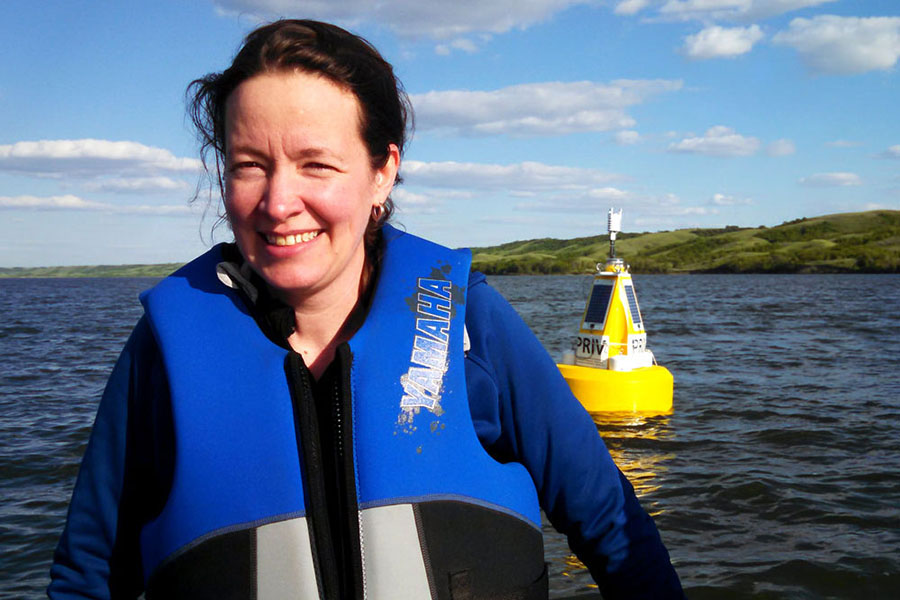
What is your international women’s day message?
While it has been a tough year, I’ve seen and benefitted from a great deal of emotional support and understanding. That type of community feeling and that supportive environment is exactly what we need to foster more diverse communities of scholars. I hope we don’t lose the empathy we’ve gained, and that we can build back better as we rebuild our communities of learning and research.
What progress do you see in gender equality in your life and work?
Well, when I look back a couple generations – even one generation – the opportunities my mom had as compared to the opportunities I had – there’s real evidence of progress, while clearly lots more work to do.
Why do we need more women in environment and sustainability fields/disciplines?
I really believe in the ‘see it – be it model’. Dr. Kit Kovacs was my first female professor. She opened an important door for me. Across all areas of work, ensuring we have diverse role models is important.
Dr. Kwok P. Chun, SENS Adjunct Professor

Thoughts on International Women’s Day
Being an international collaborator, I would say that understanding diverse cultures along with gender equality would help us to appreciate how to increase our resilience in this uncertain world.
Being alone in this pandemic can be very difficult for our life and work balances. Therefore, we can feel freer when we can have more flexibility in our systems and fewer metrics to put us in different boxes in our academic communities.
We should work together to create knowledge to improve our world’s well-being by including voices from different genders and cultures in our decision-making processes.
Dr. Tim Jardine, Associate Professor, SENS
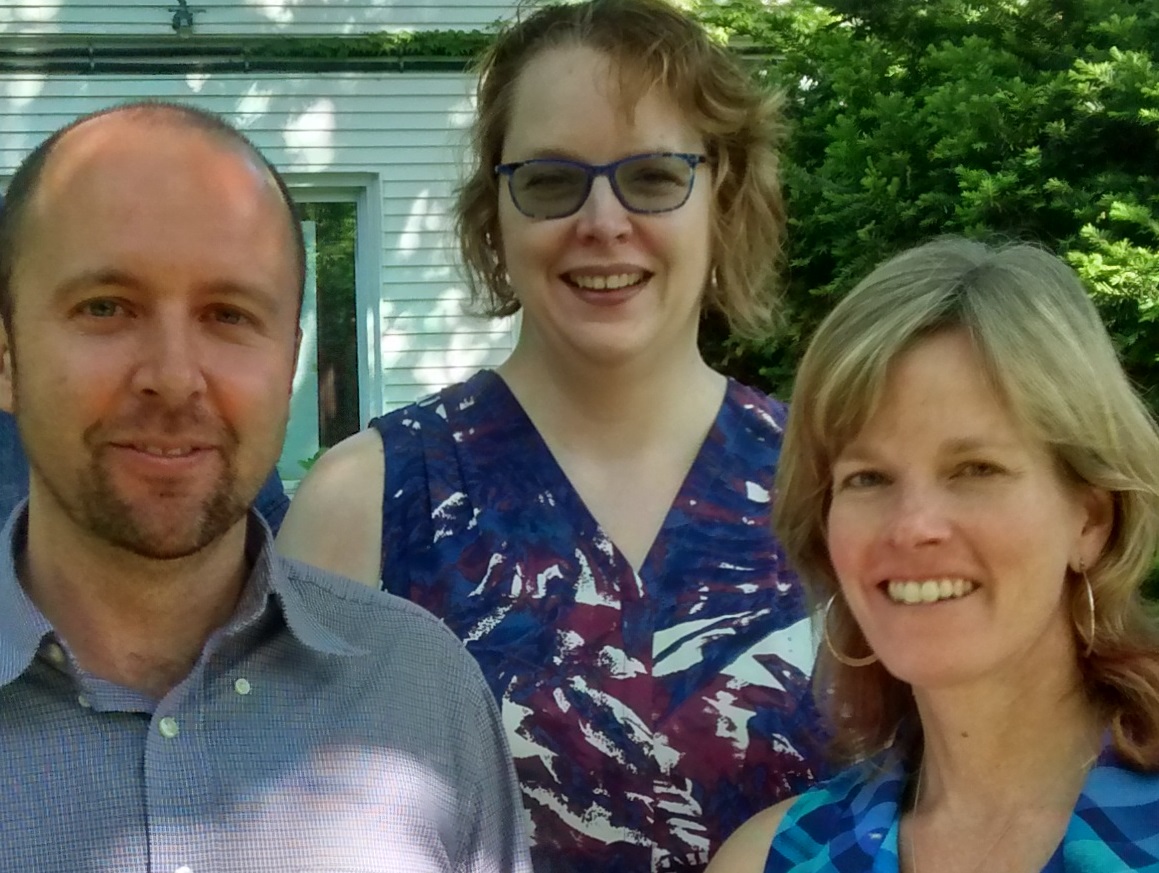
What is your international women’s day message?
I have been fortunate to have been mentored by outstanding women in environment and sustainability throughout my scientific career. Removing barriers to women will mean others will get the same opportunities to be trained by the world’s best. I include my Master’s supervisor, Dr. Deborah MacLatchy and my PhD supervisor Dr. Karen Kidd, as well as three former SENS Executive Directors, Dr. Toddi Steelman, Dr. Irena Creed, and Dr. Maureen Reed, in the list of women who have mentored and inspired me.
Dr. Graham Strickert, Assistant Professor, SENS
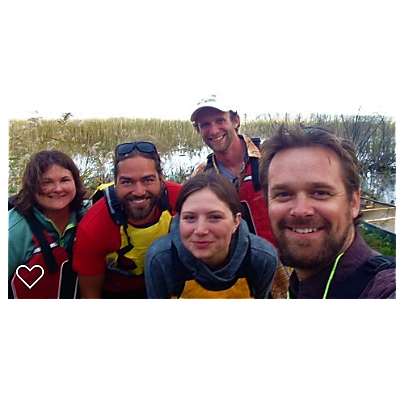
What is your international women’s day message?
We need to support women in the workplace and for me, this means listening to their ideas, supporting their ideas, and recognizing that they have to work harder to find success than men do. Men should get out of the way more often and get behind ideas and initiatives that are led by women.
What can men in academia do to help achieve gender equality?
Advocate for gender parity in leadership roles within academic institutions. Also, men can take on roles that are typically assigned to women (e.g., clerical work, note-taking, meeting organization). If more men took on these roles it would make room for women’s voices to be heard
Why do we need more women in environment and sustainability fields/disciplines?
Women bring perspectives to environment and sustainability fields that are essential for improving human’s relationship with the natural world.
Is there anything else you would like to address or add?
We need to support women more. We can do this by having men taking over traditionally gendered roles to allow women the space to thrive in the professional world.

